- Speedier claim settlements
- End-to-end transparency in claims process
- Reduce fraudulent claims
- Gain farmers trust and confidence for more insurance participation
- Proactive insurers and government agencies to deal with contingencies
- Automate processes saving time, money and labour.
India - Leveraging data for crop insurance
19.12.2019 149 views
2024 AgroInsurance International Conference: New Partners and Agenda updates
26.02.20242024 AgroInsurance International Conference will take place on June 3-5, 2024 in Belgrade, Serbia, at the Hyatt Regency Hotel. Planet Labs (USA) and GAF AG (Germany) are sponsors of our conference. Agremo (Serbia) has been confirmed as the Organization Partner. More partners and sponsors to be announced in March 2024.

Spain - 30% of La Palma's banana production has already been lost due to the advance of the lava
14.10.2021More than three weeks after the Cumbre Vieja volcano erupted, the lava that continues to flow from its interior continues to devastate everything in its path, destroying houses, infrastructure, and banana plantations. The production of Platanos de Canarias is the economic engine of the island, accounting for 50% of its GDP and 30% of the jobs on the island.
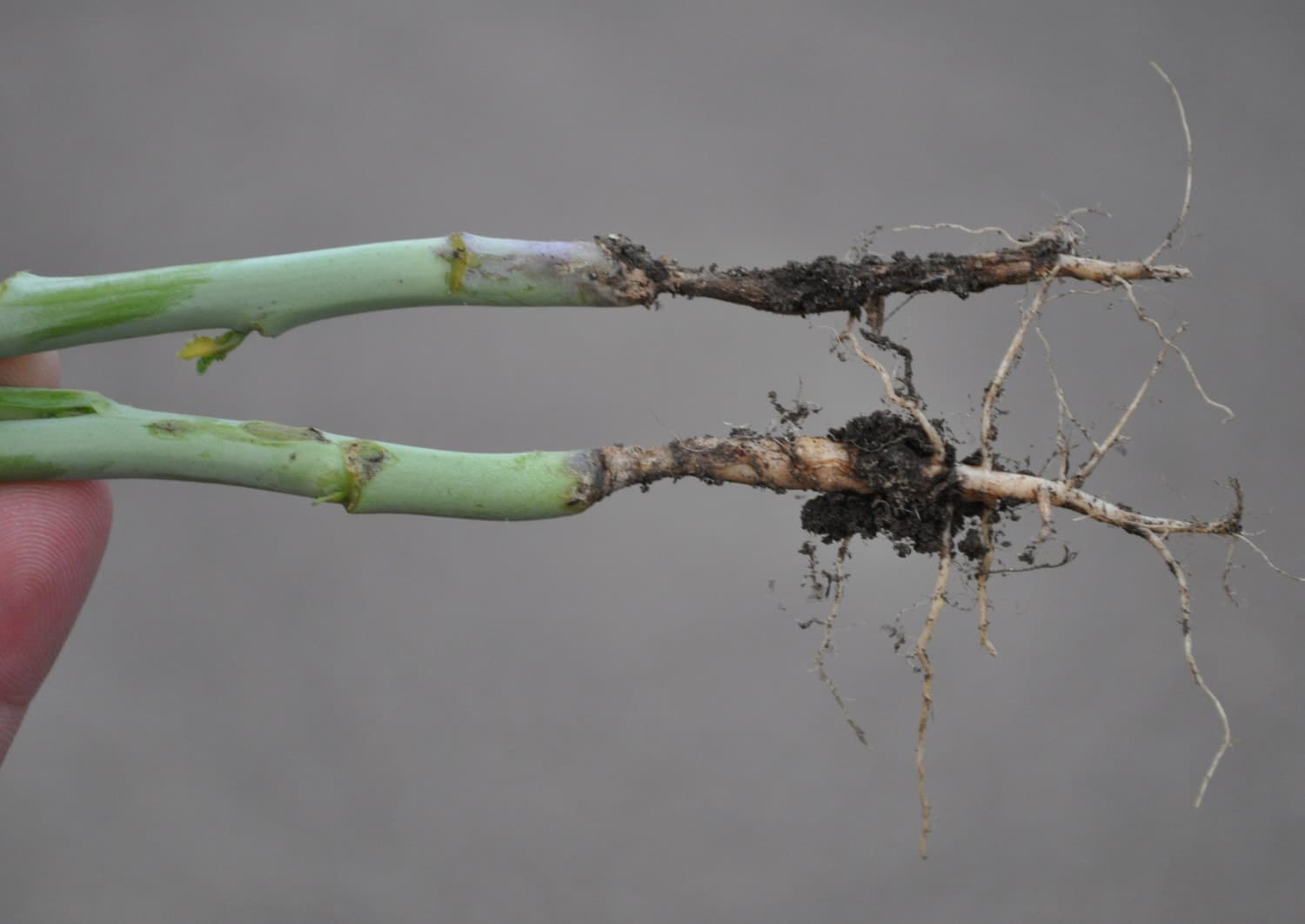
USA - Widespread root rot crop loss in 2022-23
Root rot has been established in some pea and lentil fields across North Dakota and Montana, with widespread crop loss observed in 2022-23. To help, North Dakota State University (NDSU) research is focusing on what farmers can do to reduce their root rot risk as they begin seeding their pulse crops this spring.
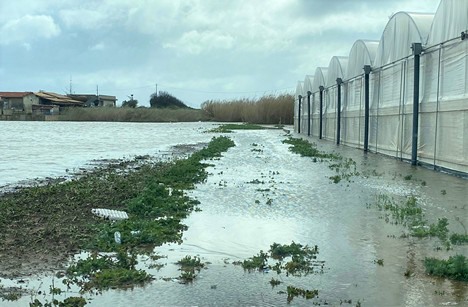
UAE - Unprecedented floods destroy greenhouses
The United Arab Emirates experienced a "historic climatic event", according to the National Meteorological Center, which stated, "The UAE experienced the heaviest rainfall in 75 years, and the "Khatm Al-Shakla" area in Al Ain received 254.8 mm of rain in less than 24 hours." That's the equivalent of two years' rainfall by the country's standards.
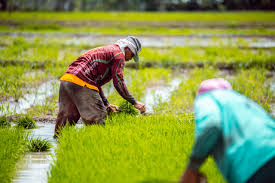
Philippines - P184-million crop loss to El Niño reported
Agricultural crops worth approximately P184.63 million suffered damage, while 3,427 farmers grappled with the effects of the El Niño phenomenon. Sylvia Dela Cruz, the provincial agriculturist of Capiz, reported that data from 13 municipalities showed 3,115.11 hectares of rice land impacted, with 852.41 hectares totally damaged and 2,272.70 hectares partially damaged.
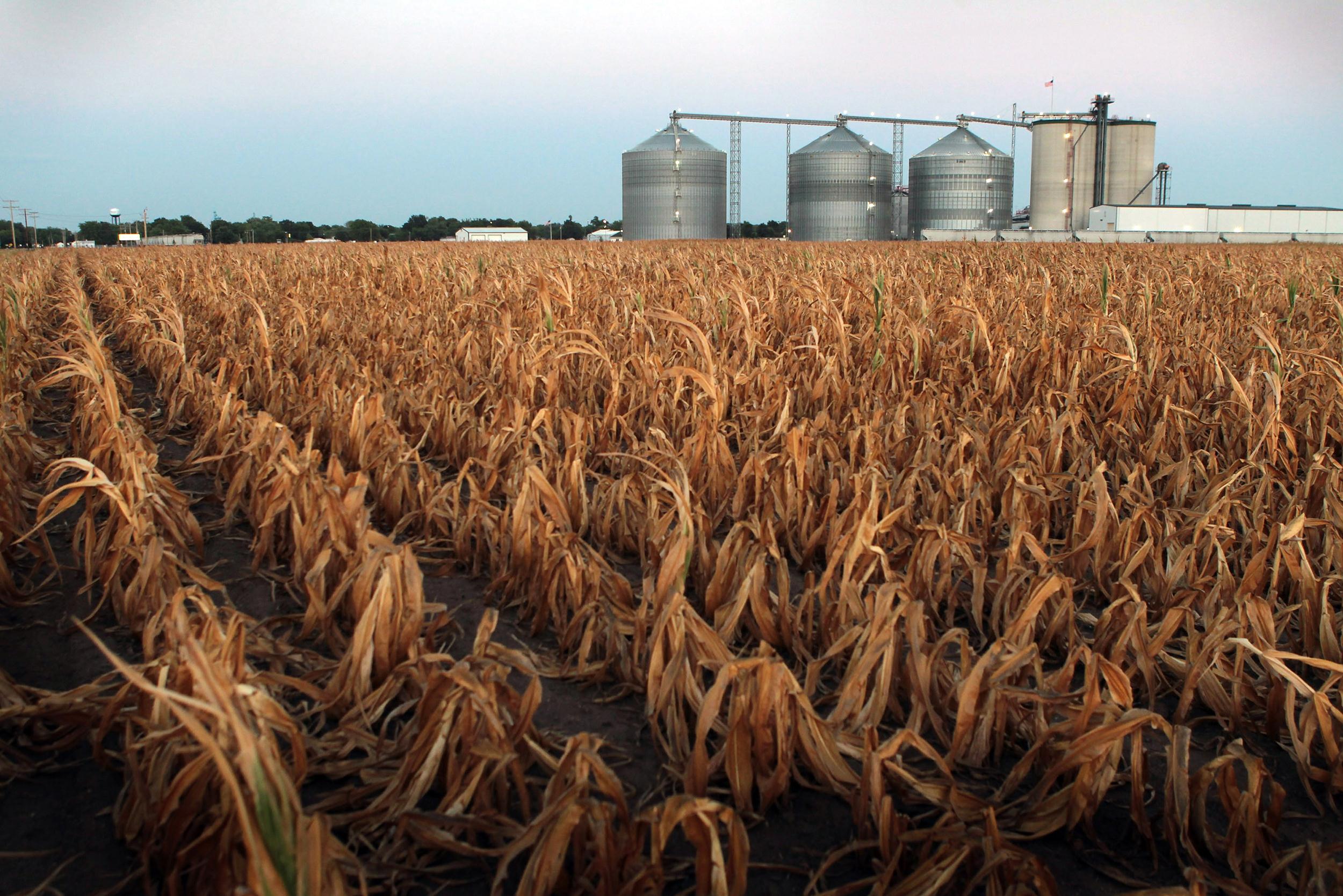
Canada - The B.C. agriculture sector continues to face relentless challenges, one after another
Facing increasing drought, alarming climate change, high levels of food insecurity and a myriad of distinct microclimates in all parts of the province, farmers are continually searching for ways to mitigate their obstacles.

Cocoa prices hit records as West African yields decline
Cocoa prices broke $10,000 per ton for the first time in March, amid disease outbreaks and destructive weather patterns in West Africa. Cocoa futures were as high as $10,080 in New York at the close of the first quarter, having more than doubled this year – due to expectations of a shortage of cocoa beans, the raw material used to make chocolate.
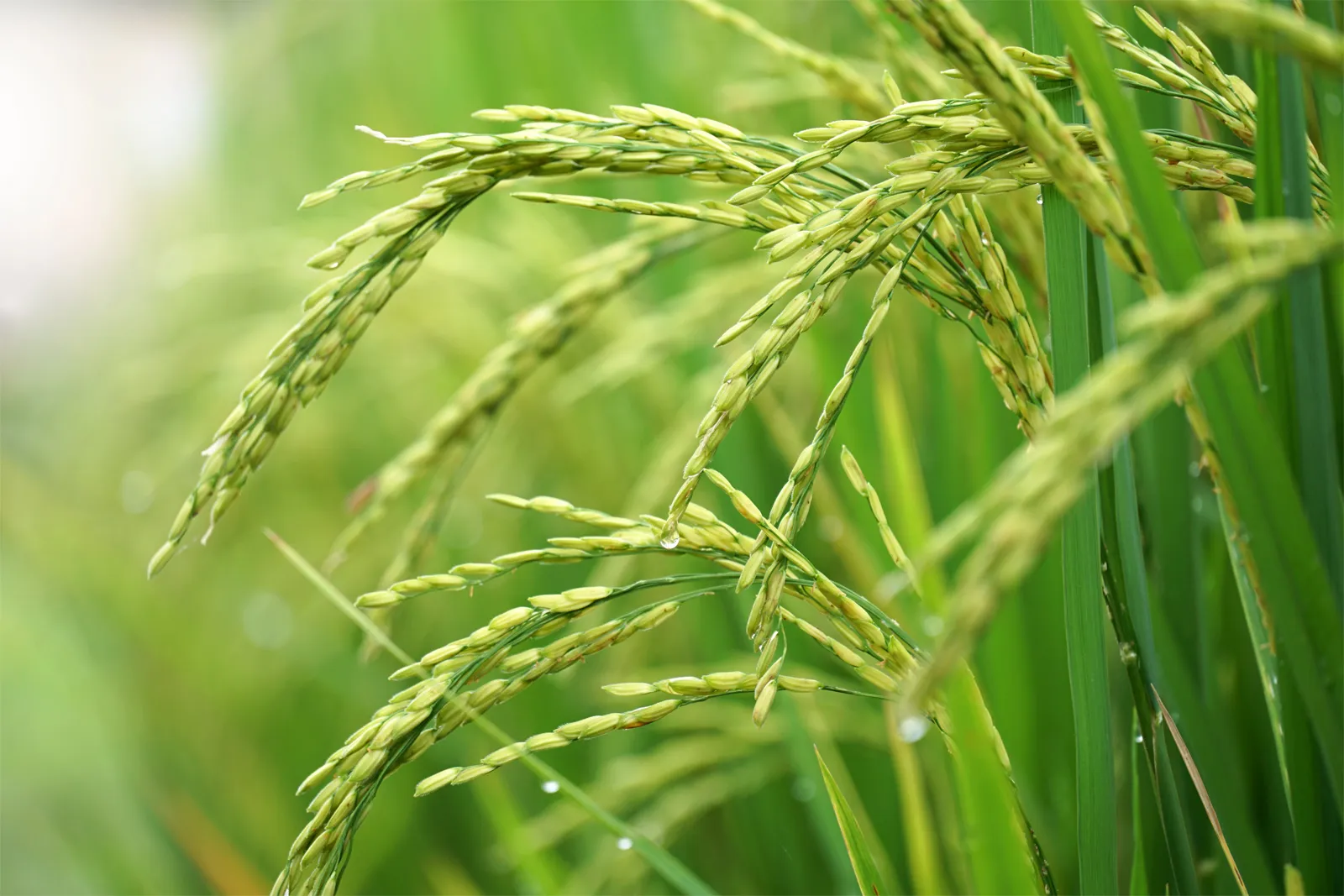
Bangladesh - Climate change in the north-west
The north-west — Rajshahi and Rangpur divisions — of Bangladesh produces more than one-third of the country’s staple food, especially boro rice. The region has 40 per cent of the country’s total irrigated area and 30 per cent of the net cultivable area, with the highest average rice yield.

Canada - Blossoms arrive early, farmers fearful of April frost
All eyes are on the short-term weather forecast for local stone fruit farmers thanks to Mother Nature’s unpredictable ways. In a strange twist that saw this year’s mild winter help create an early explosion of healthy blooms over the past week, forecasted low overnight temperatures over the next two weeks could create a disastrous situation.
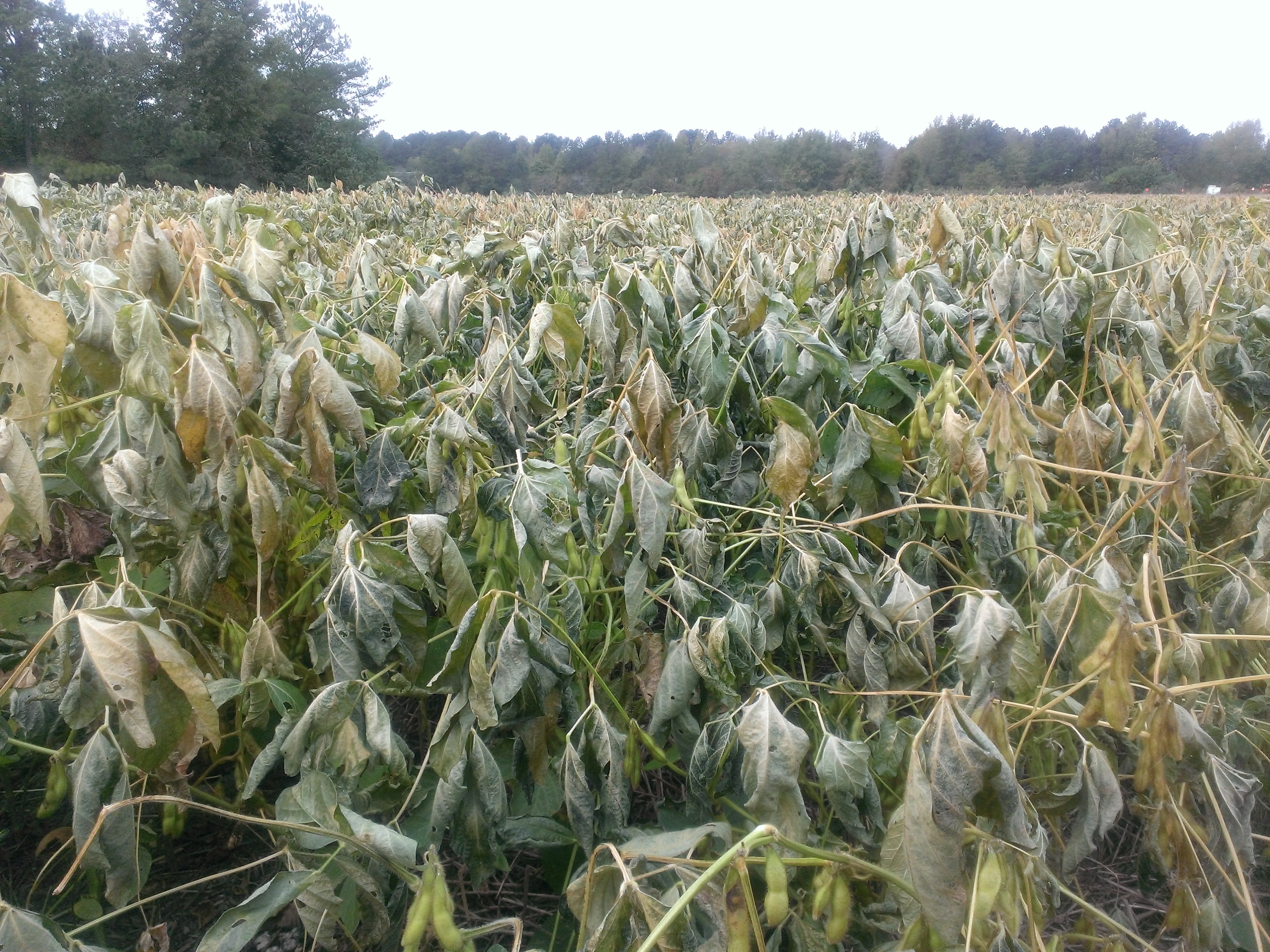
USA - USDA reminds agricultural producers to report damage or losses following inclement weather
During the spring time of the year we do see inclement weather conditions, something that has occurred quite a bit over the past few weeks across the country. Due to this, the USDA Farm Service Agency (FSA) wants to remind agricultural producers to report damage or losses following inclement weather.



